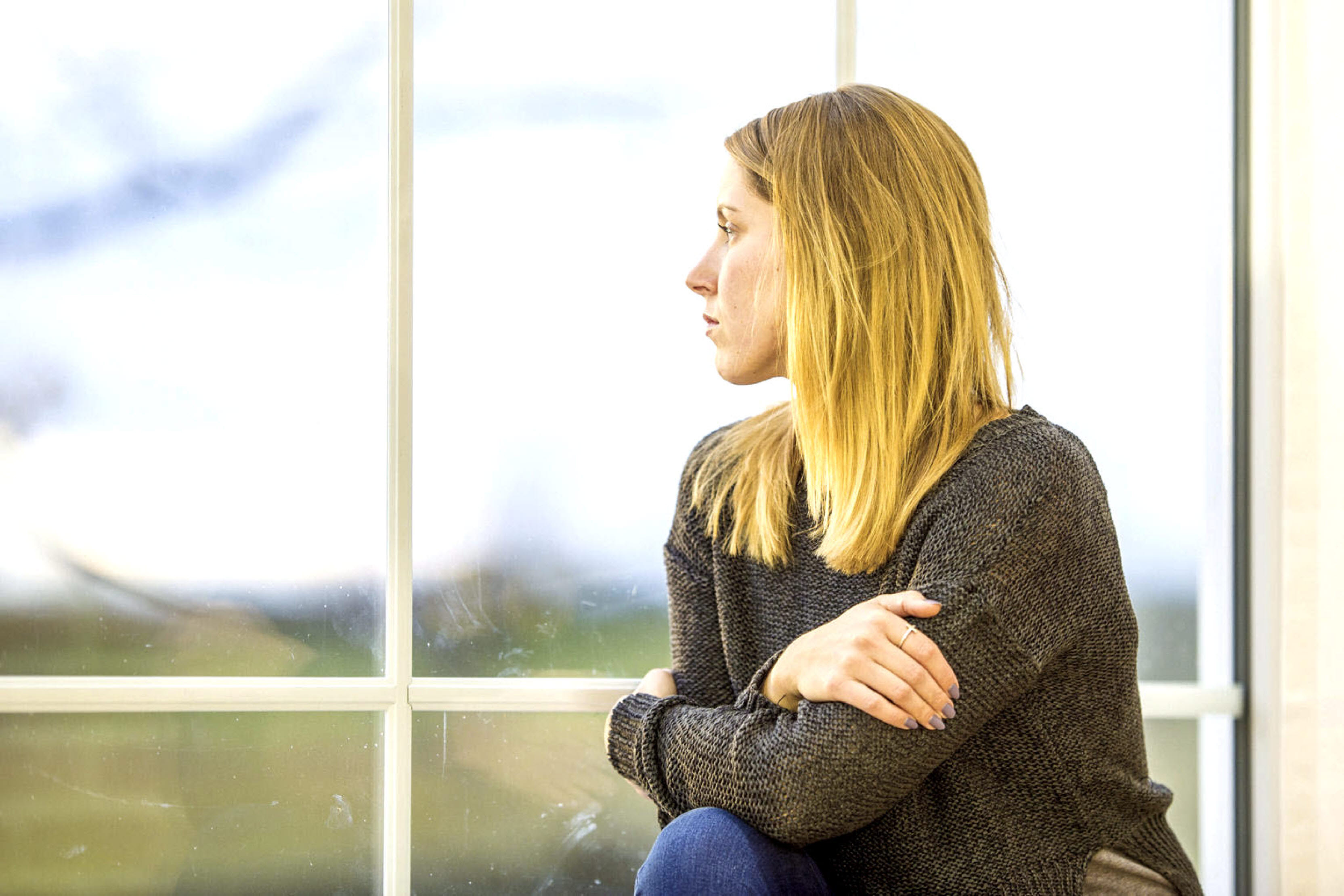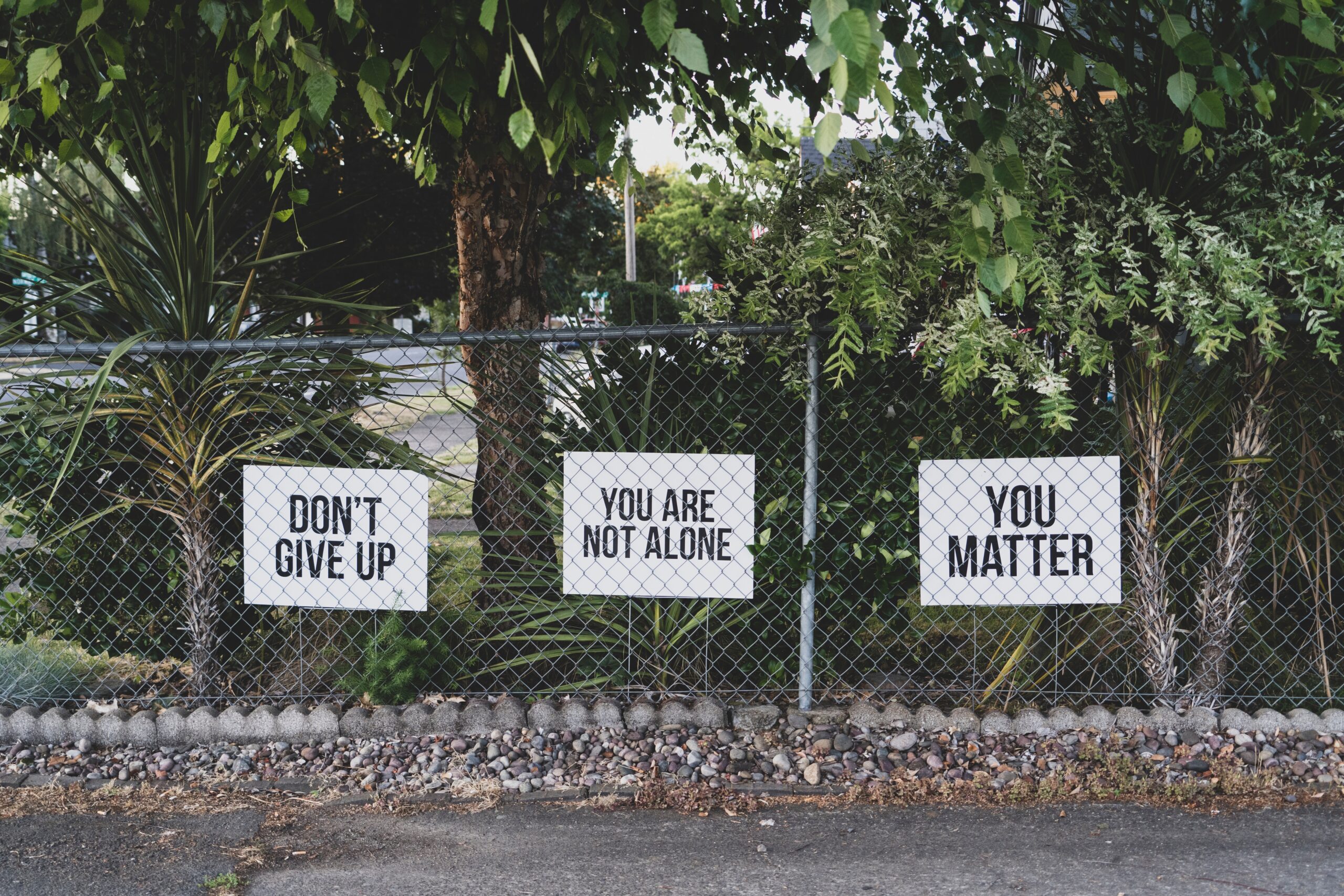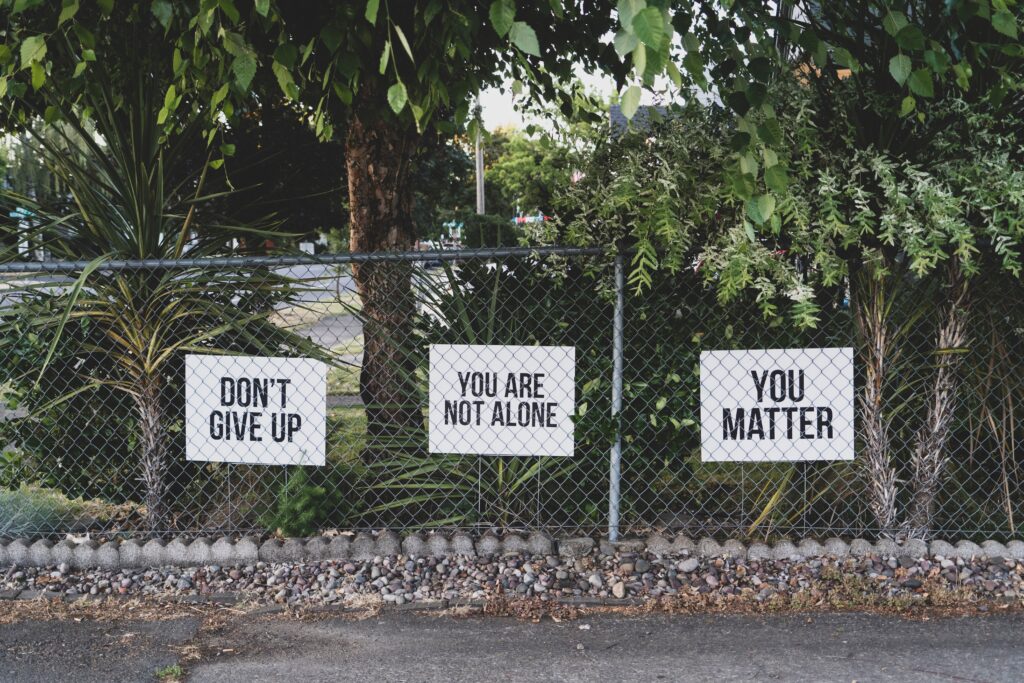
What changes need to be made in health care to address suicide risk?
Photo by Pixabay on Pexels.com
Simon Sherry Ph.D.
Reviewed by Michelle Quirk
KEY POINTS
- Female health professionals have a significantly higher risk of suicide compared to the general population.
- Physicians face unique stressors including stigma and barriers to seeking help and access to lethal means.
- Prevention strategies must include both individual treatment and systemic interventions.
Physicians are at greater risk for suicide and suicidal thoughts.
Many health professions are associated with a higher risk of death by suicide, even after accounting for age, sex, income, marital status, and other variables. Physicians, in particular, are at a greater risk of suicide and suicidal ideation. Globally, general practitioners have the highest risk of death by suicide, followed by internal medicine and psychiatrists. However, rates are not equal across continents: physicians in North America have a greater risk of death by suicide than those in Europe, Africa, or Australia, New Zealand, and the Pacific. Further, approximately 17 percent of physicians experience suicidal ideation. In Canada, specifically, one in three physicians present symptoms of depression and 8 percent consider suicide each year.
Perhaps most shocking is the significantly higher risk of suicide among female health professionals. Women in the general population have a lower risk of death by suicide than men, despite making more attempts. This is often attributed to women’s tendency to choose less violent means of suicide such as drug overdose, which sometimes have a lower lethality compared to violent methods such as firearms. Female health professionals, however, have specialized knowledge of and greater access to pharmacological means of suicide, meaning that their attempts using such methods may be more lethal.
Between 2003 and 2018, the National Violent Death Reporting System (NVDRS) reported 4733 suicides by health professionals, 58 percent of whom were female. There are conflicting reports on whether male physicians have a lower or higher risk of death by suicide compared to men in the general population, but studies consistently report that female physicians have a higher risk compared to the average woman.
Physicians are subject to unique stressors specific to their job.
The Causes
In addition to general risk factors for suicide such as history of mental illness or suicidal behavior; history of physical, psychological, or sexual abuse; financial issues; sleep deprivation; relationship problems; academic distress; and major life changes, physicians are also subject to job-specific stressors:
- Personality traits: Medical professions are often attractive to those with specific personality traits that are linked to suicide risk, such as perfectionism and neuroticism. Physicians who died by suicide have also been found to blame themselves for their own illnesses and be more critical of both themselves and others.
- Job stress and burnout: Many doctors go into medicine because they want to help people; however, the expectation to always be on call and go above and beyond for every patient means many doctors burn out. Burnout is a psychological syndrome featuring emotional exhaustion, depersonalization, and a reduced sense of personal accomplishment. The average American surgeon works 60 hours per week and is on call two nights a week. Approximately 40 percent of American surgeons report feeling burned out, 30 percent report symptoms of depression, and 28 percent have a mental quality of life lower than the population norm. In addition, 64 percent of surgeons feel their work schedule does not leave enough time for a personal or family life, and only half say they would recommend a career in medicine to their children.
- Work experiences: Doctors are faced with death, illness, and injury every day. This can make them desensitized to such experiences and less opposed to their own injury or death. They may also become overwhelmed by the sheer volume of death, illness, and injury and feel powerless against it. These types of experiences can have a severe mental and emotional toll on doctors. There is also a culture of “no mistakes allowed” among doctors, and this constant vigilance can be extremely stressful. In fact, medical errors and high workloads are associated with suicidal ideation among doctors.
- Legal troubles: Even the best doctor has their time in court. It could be a grieving mother looking for someone to blame or a disgruntled patient who is unhappy they have been denied a particular test or treatment. It could be that the doctor’s expertise is needed to confirm the medical condition of a patient seeking accommodation. Either way, these cases can be stressful and place an additional burden on already burnt-out physicians.
- Access to lethal means: Suicide is timely. One study found that approximately 57 percent of respondents seriously considered suicide for one day or less, and more than 30 percent for one hour or less. For up to 74 percent of people who attempt suicide, the period between deciding and attempting suicide is 10 minutes or less. As such, access to lethal means is a crucial risk factor of death by suicide; in fact, reducing a person’s access to lethal means is associated with up to 30 to 50 percent decreases in suicide rates. Physicians have access and intimate knowledge of medications that can be used to overdose as a means of suicide.
- Stigma and barriers to seeking help: Physicians often delay or avoid seeking treatment, especially for suicidal ideation. This could be due to privacy concerns, fear of being reprimanded by the College of Physicians and Surgeons, fear of being seen as unable to handle their responsibilities, or the medical culture that encourages self-sufficiency and stoicism. There is some evidence that this reluctance to seek help means doctors are more likely to “self-medicate” with alcohol or drugs, which can compound suicidal tendencies.
Prevention initiatives must include systemic changes as well as individual treatment.
#James Donaldson notes:Welcome to the “next chapter” of my life… being a voice and an advocate for #mentalhealthawarenessandsuicideprevention, especially pertaining to our younger generation of students and student-athletes.Getting men to speak up and reach out for help and assistance is one of my passions. Us men need to not suffer in silence or drown our sorrows in alcohol, hang out at bars and strip joints, or get involved with drug use.Having gone through a recent bout of #depression and #suicidalthoughts myself, I realize now, that I can make a huge difference in the lives of so many by sharing my story, and by sharing various resources I come across as I work in this space. #http://bit.ly/JamesMentalHealthArticleFind out more about the work I do on my 501c3 non-profit foundationwebsite www.yourgiftoflife.org Order your copy of James Donaldson's latest book,#CelebratingYourGiftofLife: From The Verge of Suicide to a Life of Purpose and Joy
Link for 40 Habits Signupbit.ly/40HabitsofMentalHealth
www.celebratingyourgiftoflife.com
The Solution
A well-rounded approach that addresses the above stressors is needed, one that targets both the individual physician and the system they operate in and aims for both prevention and treatment.
Treatment interventions aimed at individual doctors are moderately effective, resulting in reductions in symptoms of depression, anxiety, and suicidality among physicians. Considering the heavy workload and long working hours of doctors, interventions that are more accessible and less time-consuming, like online or smartphone applications that teach cognitive behavioral therapy or mindfulness techniques targeted at doctors are particularly attractive. Such applications also sidestep issues of confidentiality, stigma, and privacy.
While treatment is necessary, systemic interventions aimed at doctors and their work environment as a whole are key to prevention. Limiting working hours, promoting work-life balance, making space for ongoing training within working hours, and providing mental health resources targeted to physicians’ experiences will help change the culture of perfection and grind that currently harms doctors’ mental health. Encouraging peer support, addressing fears of losing or limiting physicians’ medical licenses when struggling, and reducing the shame and stigma around mental health issues among medical professionals will address the culture of self-sufficiency and isolation that currently prevent doctors from reaching out for needed support. Restricting access to lethal means will help prevent impulsive suicides spurred by the pressures doctors face.
These systemic interventions are needed to not only treat the problem but also to actively prevent it. Our doctors deserve it.
If you or someone you know is contemplating suicide, seek help immediately. For help 24/7, dial 988 for the 988 Suicide & Crisis Lifeline, or reach out to the Crisis Text Line by texting TALK to 741741. To find a therapist near you, visit the Psychology Today Therapy Directory.
Photo by Pixabay on Pexels.com
https://standingabovethecrowd.com/james-donaldson-on-mental-health-why-are-doctors-at-greater-risk-of-suicide/






















